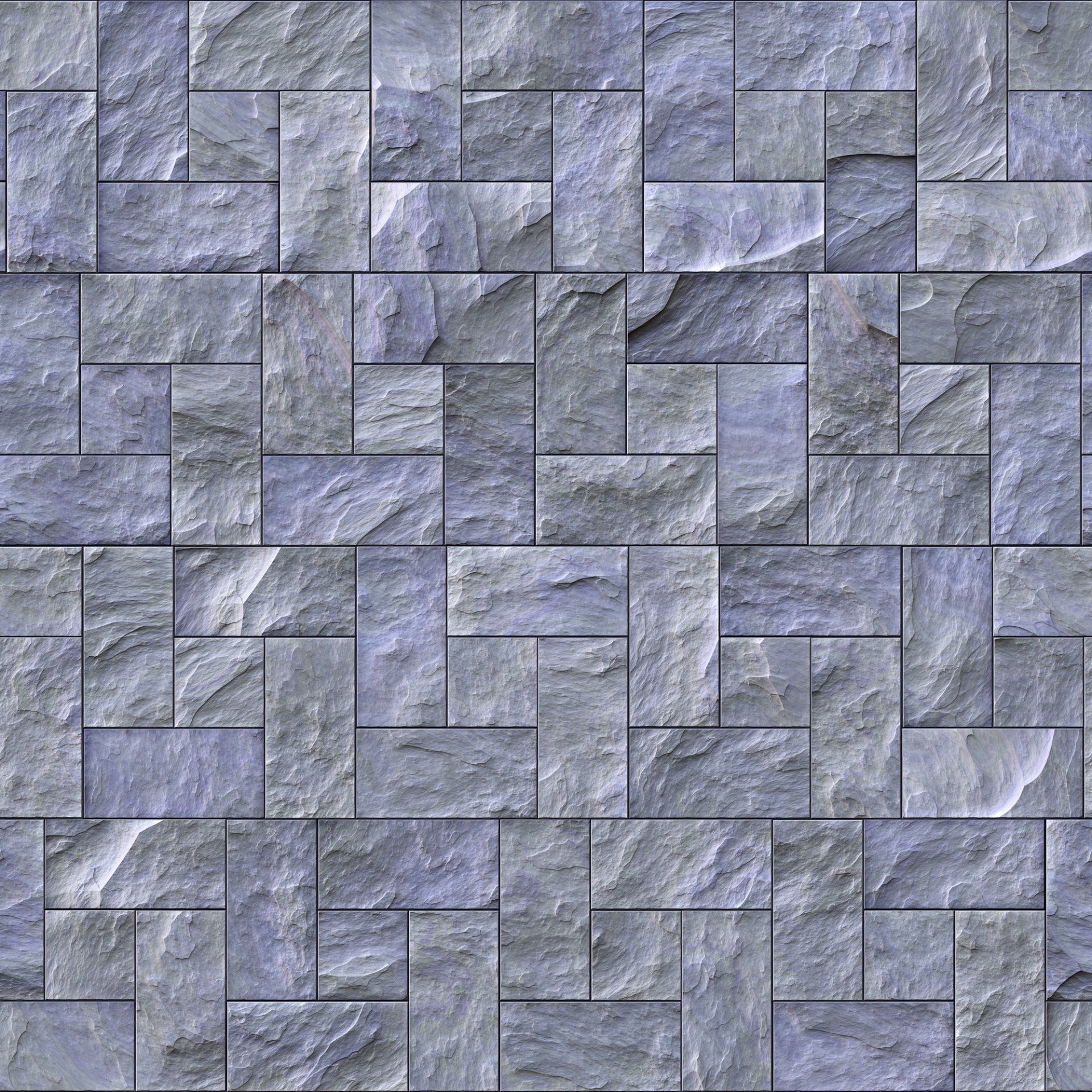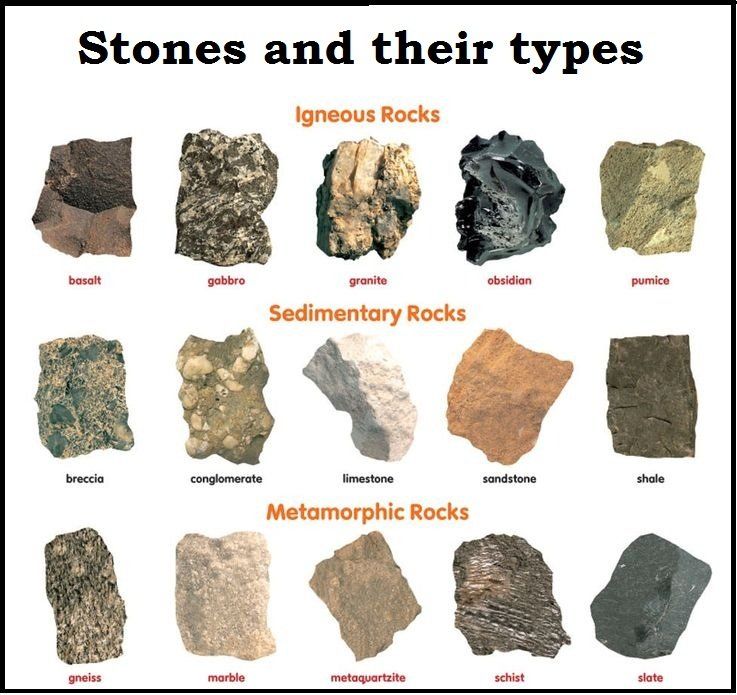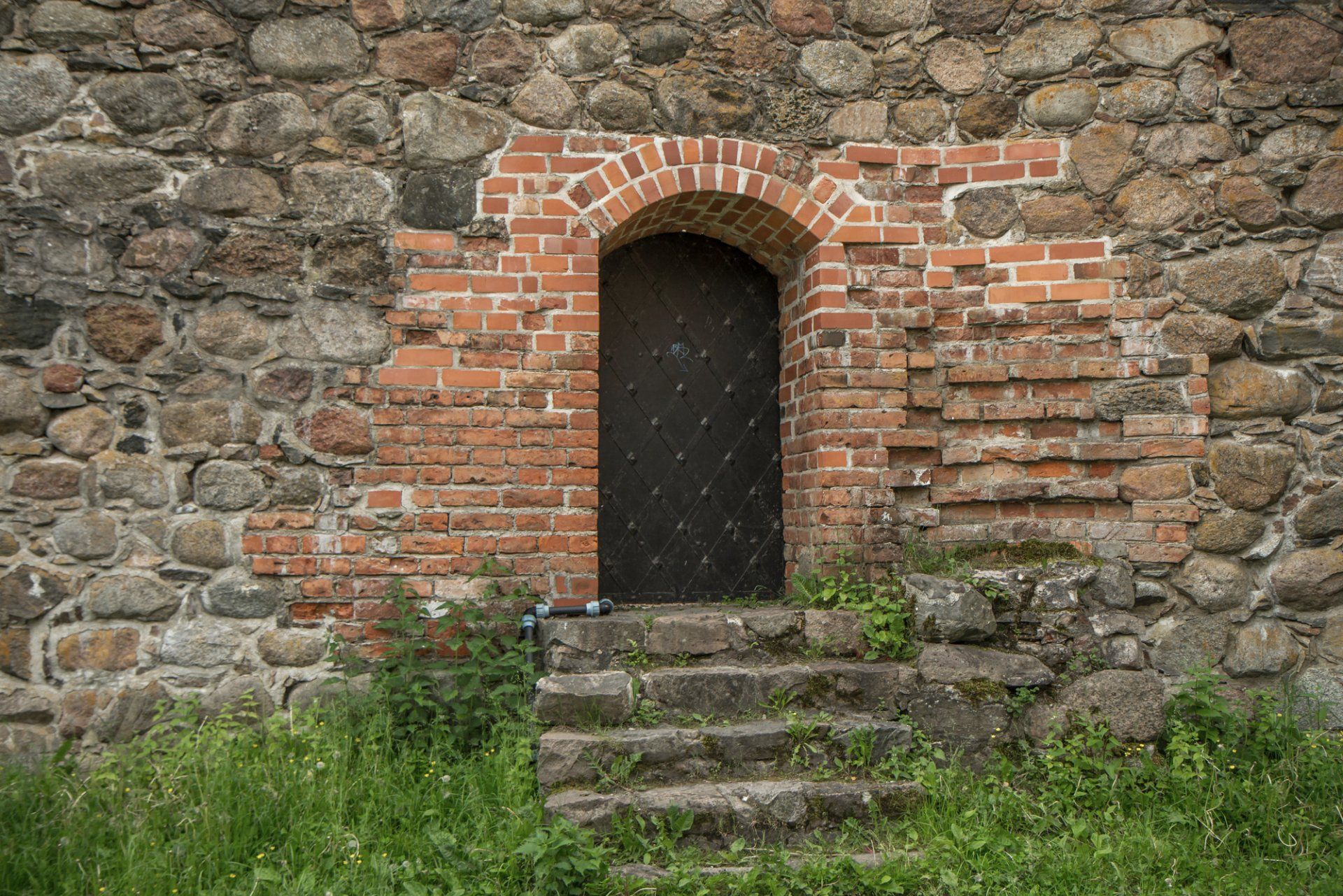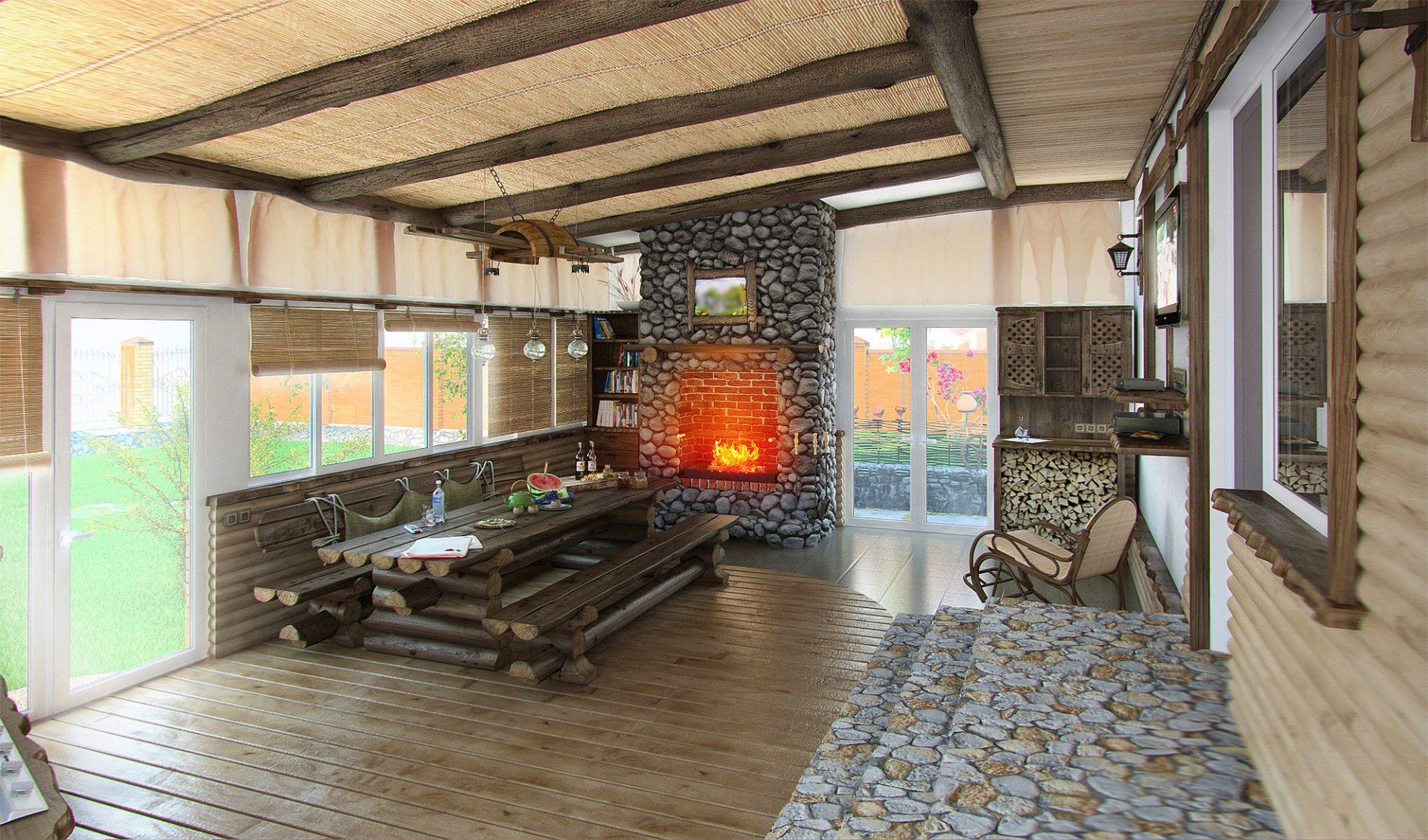Stone Masonry in San Antonio, Tx
Stone Masonry
WORKING TOGETHER
We work with you to come up with the very best masonry solutions for your needs!
Stone masonry is a craft of shaping and combining rocks into shapes to create functional structures. This can be a simple task but it can also be a challenging task. The practice uses many different types of stones including marble, granite, limestone, slate and sometimes Portland cement or other materials like fibre-cement siding to produce different styles.
Stone masonry is a great craft using stones and mortar to construct walls, columns, turrets, arches and beams. These stones are gathered from the earth for construction and are properly cut and dressed to create a specific look.
Stone masonry, being stronger, more durable and weather-resistant as compared to brick and concrete masonry, is used in the construction of many structures because of it's lasting strength in many various outdoor conditions. Through dry, wet, and windy weather conditions, stone can last the test of time.
Benefits of Stone Masonry
There are a few advantages in using stone for building as opposed to other materials such as bricks and cement. Let's checkout some of these benefits:
Most of all, the combination of stone and mortar is tough, strong and extremely durable. For example, stone walls built in 120 A.D. still stand today, 2000 years later. There are many stone structures that have been standing for thousands of years which proves how strong and durable stone masonry can be.
Stones in general are almost always less porous than other materials. Incorporating stones into your masonry project can either be more or less expensive than other types of masonry. It all depends on the type of stone you choose to use and the appearance you'd like your stone structure to have.
Stone is a natural resource which cannot be remade and although it is abundant resource, some stones are rarer than others. However since stone is a more natural material, it is more desirable in contrast to bricks and cement which are man-made materials.
Other benefits of stone masonry structures are that they are soundproof, heat resistant (up to 200 degrees) and waterproof. Stone structures may also act as a natural insulator against extreme hot or cold temperatures, which could cause damage to your property.
Uses of Stone Masonry
Because it creates such attractive building structures, stone masonry is a very popular and sought after service. Besides how good it looks, there are many uses for stone masonry such as retaining walls, fireplaces, and building entire houses. One of the most obvious uses of stone masonry is to create an hard exterior to your structure to protect against any weather-damage or physical damage your structure might incur.
Stone masonry has been around for hundreds of years and will continue to be a popular way to build beautiful structures in the future.
Stone masonry is so useful because you are able to build all elements of architecture from this material. Whether it be the entire structure or just supportive structural components.
- Foundations
- Roofing
- Dams
- Monuments & Landmarks
- Paving
- Beams, Archways, Domes, or Lintels
Industry Leader
We’ve been in the masonry business for decades, and have made a name for ourselves in the area. We take pride in sharing our skills with the population of San Antonio, Texas.
Quality Guaranteed
Cutting corners is not an option at our company. We do everything as thoroughly as possible, from the beginning to the end. No excuses and no shortcuts. We're all about quality craftsmanship.
High Expectations
We strive for excellence. That’s our motto, and our promise to you as our customer. We’ll work our hardest so that you receive a final product that will go above and beyond your expectations.
Stone Masonry Techniques
Traditional Dry-Stack
This technique is constructed without mortar joints, as gravity holds everything together. Dry-stack walls can be made any size and thickness depending on the need, but they are usually larger at the base and becomes narrower towards the wall's peak.
Traditional dry-stack masonry has a number of advantages including its long life and its often aesthetic appeal. It pays homage to times past and earlier stages of masonry design, giving your structure timeless character. Not to mention it is the most environmentally friendly option.
The limitations of dry-stack surfaces are the high labour costs and slow construction times associated with it, as well as the possibility of a structural collapse if built improperly. Therefore this type of structure is typically not a good fit for high walls or buildings.
Traditional Mortared Stone
In this masonry technique, the base of the wall needs to be strong. To prepare the wall for mortar, use a paste made of lime and water to bond the foundation. This technique is difficult to do during wet seasons because it can affect the consistency of your mortar.
The major advantages of traditional mortar-clad stone are its weather resistance, pest and mold resistant, thermal isolation properties from the ground or flooring surface, and moisture protection. Stone is available in a variety of sizes at local quarries which thereby reduces any transportability issues.
A disadvantage of traditional mortared stone are the heavy stones which are difficult to deal with and require more workers to do the job.
Modern Veneered Stone
Today's stonework mostly consists of veneer stone which is a thin layer of decorative stone that is structurally supported by a concrete wall. Mortar for making the bond between stones its made of portland cement mixed with sand, gravel and water. These extra materials mixed in interlock together to provide a very efficient bond which holds the structure together.
The advantages of modern veneered stone are it is less expensive than other methods of masonry and lasts longer when installed properly. It also offers natural beauty to the structure's exterior & is ideal for walls that do not require additional support. Veneer stone is lightweight and is easy to install because of the way it comes already in large panels that just need to be placed onto a surface. This type of masonry requires very little if any maintenance at all and can be used on various surfaces, including stone, metal, and wood.
One disadvantage of modern veneered stone is that it might allow water to come through and make a mold problem. This can happen if the installation is not done right. If you use cleaning materials that are too strong, this might damage the surface. It can also break easily if heavily tampered with.
Slipform Stone
A cross between the traditional mortar stone wall and a veneer stone wall. Natural stones are put in the form, and then concrete is poured behind them.
Slipform stone technique decreases the use of building cranes and scaffoldings. It is safer.
The disadvantages of the slipform stone technique is that it is expensive to do at first, and high skilled experts and sophisticated equipment are needed.
Framed-One Side Stone
Framed-one side stonemasonry is when you build the framed wall on the inside first. This way, half of the formwork is already done. Framed-one side stonemasonry is a traditional way to do masonry. You use stone for strength and concrete or steel for reinforcement.
A framed one-side wall is strong and good looking. It is built with stones. It takes less time to build than other techniques. And it is cheaper because there are fewer people working on it, and the materials cost less too.
One disadvantage of a framed-one side stone is that it can cause lateral deflections and also the span length is very short.
Tilt-Up Stone
Tilt-up masonry stones are built by pouring them flat on the ground. Then a crane sets them in place. For this technique, you will need stone, sand, gravel and rock materials.
Advantages of tilt-up stone are that it is cheaper than cast-in walls made of mason stones, and safer to install. You can design the masonry and architecture with it.
Some disadvantages to tilt-up stone is that it cannot be used for walls with a lot of parts. This type of construction has a lack of versatility.
The Ability to Integrate Stone Masonry with Other Materials
Stone masonry has a versatility unique to its character, allowing it to be integrated with other materials easily. It is very complimentary to other materials and blends well, especially with brick and concrete which also are bonded with mortar. As you can see in the images below, stone masonry is a great option to provide structural support as well as elegant design. It's ability to absorb of high temperatures and even insulate from low temperatures is unique quality in itself.
Stone Masonry Contractor of
San Antonio, TX
As you may be able to tell we enjoy educating our customers just as much as we love performing the work they desire. As a premiere team of stone masons in the San Antonio area, we look forward to being able to serve you and deliver the type of stone masonry you are wanting to have installed on your property. Whether it is a home masonry project or a commercial masonry installation, we can assure a clean, organized, and professional worksite as well as a stunning finished product that will make you say, "wow"!
History of Stone Masonry
Masonry, the craft of stonemasons working with stone is a trade that has been practiced throughout human history but which, in most places, was transformed fundamentally by machine technology during the 20th century. However, the history of masonry began in ancient times, with the construction of stone structures. The Egyptian pyramids and other great monuments are famous examples of the beginning of the craft. Stone masonry is also known as stonework. Masonry is a process that has been utilized by humanity since 5000 B.C., when workers began to lay stones into mud for rudimentary dams, dikes, and canal locks. The first stone structures were tombs or funerary monuments made of carved limestone blocks; eventually large temples were hewn out of huge rock masses and decorated with exquisite reliefs. The Egyptians were the first civilization to build on such a large scale. They moved stone over long distances by transporting them with water.




